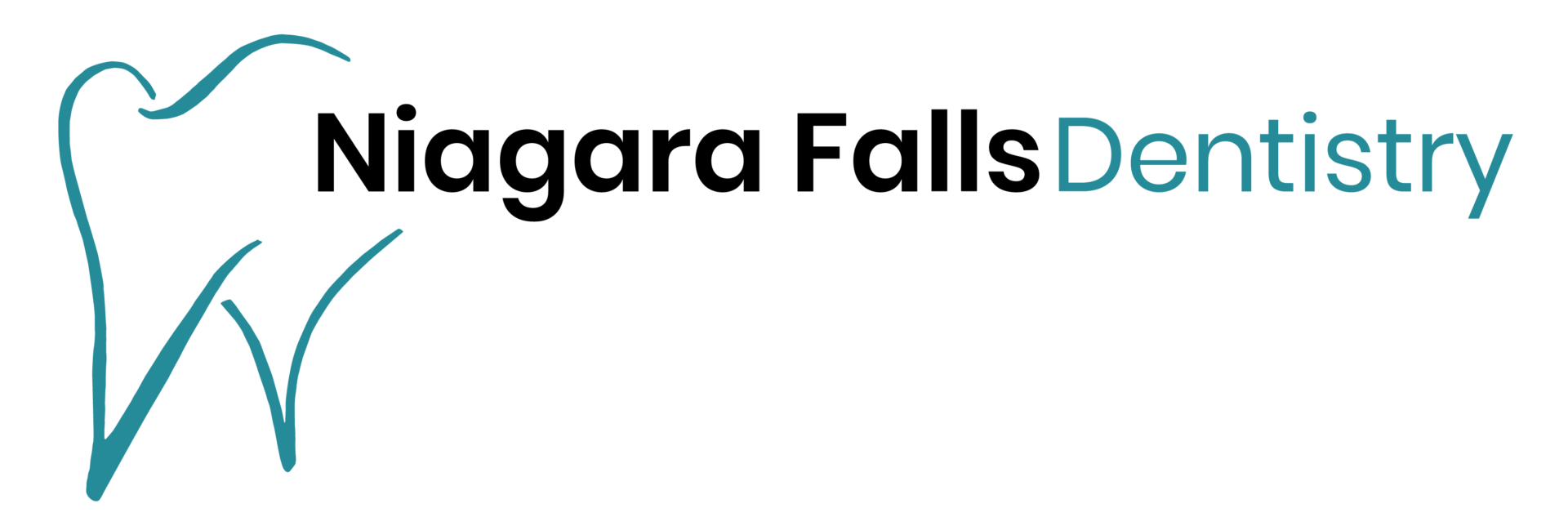
Dental emergencies can cause significant discomfort and stress. It’s essential to recognize dental issues that require emergency dental care to prevent complications and alleviate pain.
Toothache
One of the most common dental emergencies is a toothache. While it may seem minor initially, a toothache can indicate underlying problems such as tooth decay, infection, or abscess. If the pain is persistent and severe, seeking professional help promptly to address the root cause and avoid further damage is crucial.
Knocked-Out Tooth
Another frequent emergency is a knocked-out tooth, also known as an avulsed tooth. This situation can occur due to sports injuries, falls, or accidents. If a tooth is knocked out, it must be handled carefully by holding it by the crown rather than the root. Rinse it carefully with water to remove dirt, but avoid scrubbing it.
If possible, reinsert the tooth into its socket or store it in a glass of milk or saline solution until you can consult a dentist. The sooner you receive treatment, the higher the chances of preserving the tooth.
Cracked or Fractured Tooth
Another serious concern is a cracked or fractured tooth. This can happen due to biting something hard or experiencing trauma to the mouth. A cracked tooth can expose nerves and lead to infection if not treated quickly.
Symptoms may include pain, sensitivity, and swelling. Visiting a dentist as soon as possible allows for assessment and treatment options, including a crown or, in severe cases, a root canal.
Dental Abscess
Dental abscesses, localized infections at the root of a tooth or in the gums, can pose serious health risks. If left untreated, they can lead to intense pain and swelling, which can lead to systemic infections. Signs of an abscess include redness, swelling, and a fever. Immediate dental care will help drain the abscess and address the underlying disease.
Lost Dental Fillings or Crowns
Lastly, lost dental fillings or crowns can cause discomfort and increase the risk of damage to the affected tooth. If a filling or crown loosens, keep the area clean and avoid chewing anything on that side of your mouth until you consult a dentist.
Prioritize Your Oral Health
Recognizing these common dental emergencies and acting quickly can significantly affect the outcome and your oral health. Always keep Niagara Falls Dentistry’s contact information handy so you can seek help as soon as urgent issues arise.

